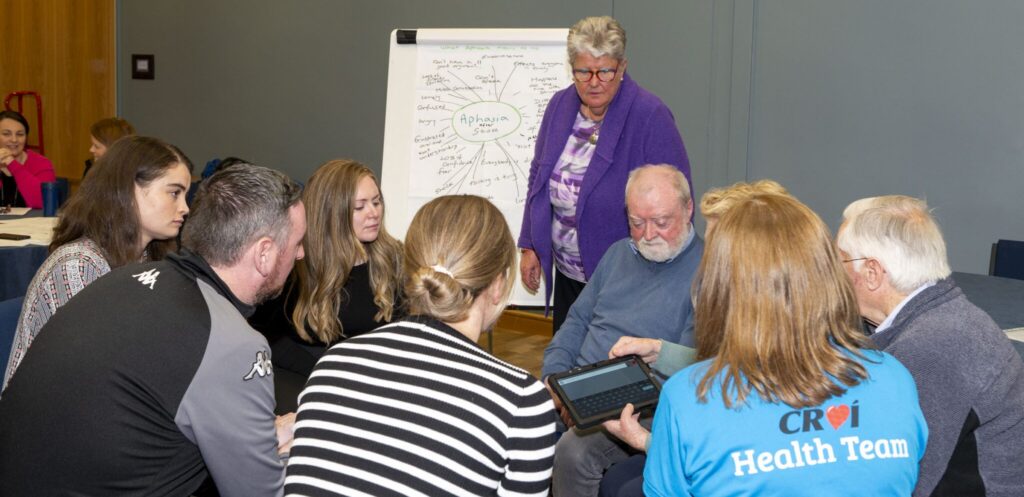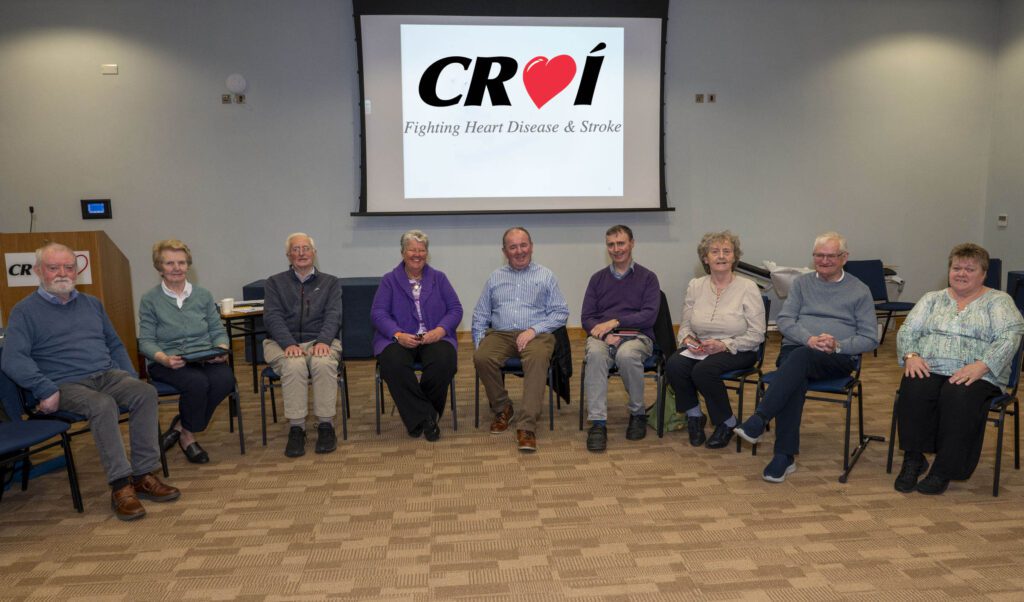Aphasia
Home / Aphasia

What is aphasia?
Aphasia, also called dysphasia, is a language problem caused by brain damage. It makes it hard for people to talk, understand language, read, and write. Most often, it’s caused by strokes. About one in four stroke survivors have some level of aphasia.
Dysarthria is another speech problem that often happens with aphasia. It’s caused by nerve damage, making it hard to control the muscles used in speech. This makes speech sound slurred or unclear, and it can be tough to make certain sounds. When someone has both aphasia and dysarthria, it makes communication even more challenging.
Distinguishing between dysarthria and aphasia is vital for precise diagnosis and tailored treatment planning. Thus, a comprehensive assessment by speech-language pathologists or healthcare professionals is crucial for addressing both conditions effectively in individuals facing speech and language challenges. The signs of aphasia vary depending on the part of the brain that has been damaged. However, types of aphasia include:
- Broca’s Aphasia (Expressive Aphasia): Individuals with this type struggle to find the right words, often resorting to single words or short sentences.
- Wernicke’s Aphasia (Receptive Aphasia): Those affected may have difficulty understanding speech or written language, even though they can hear or see the words.
- Global Aphasia: The most severe form, causing a significant loss of language abilities, including speaking, understanding, reading, and writing.
- Anomia or Amnesia Aphasia: Difficulty in recalling specific words for objects, people, places, or events.
Who is most likely to develop aphasia?
While aphasia can affect individuals of any age, it predominantly occurs in middle-aged and older adults, often precipitated by strokes or traumatic brain injuries.
Signs of aphasia
- Speaking slowly, with very long pauses.
- Difficulty finding the right word when speaking.
- Missing words in a sentence or putting them in the wrong order.
- Difficulty naming objects.
- Being unable to write a sentence.
- Saying one word while meaning another i.e. ‘yes’ instead of ‘no’.
- Speaking without any meaning.
- Being unable to write a sentence.
- Finding it difficult to understand when there is background noise or many people talking at the same time in a group.
How to diagnose aphasia?
Aphasia is usually diagnosed by a speech and language therapist or a doctor. Other tests will usually be done to look for the cause of aphasia. This can be either an MRI or CT-scan.
Aphasia treatment
Treatment for aphasia primarily revolves around speech and language therapy, tailored to the individual’s specific challenges. Therapeutic interventions may include:
- Memory enhancement exercises.
- Sentence construction exercises.
- Reading and writing rehabilitation.
- Alternative communication strategies.
Overall, a multidisciplinary approach involving therapists, caregivers, and healthcare professionals is essential for managing aphasia and promoting effective communication and quality of life for affected individuals.
Croí All Talk Group
Join the Croí stroke communication group, All Talk, every two Friday’s at Croí House from 11 am – 12:30 pm. This supportive environment helps individuals with stroke-related communication difficulties connect and learn from each other. For more information, contact Elizabeth Kinneen at elizabethkinneen@gmail.com or the Croí Health Team at healthteam@croi.ie.

